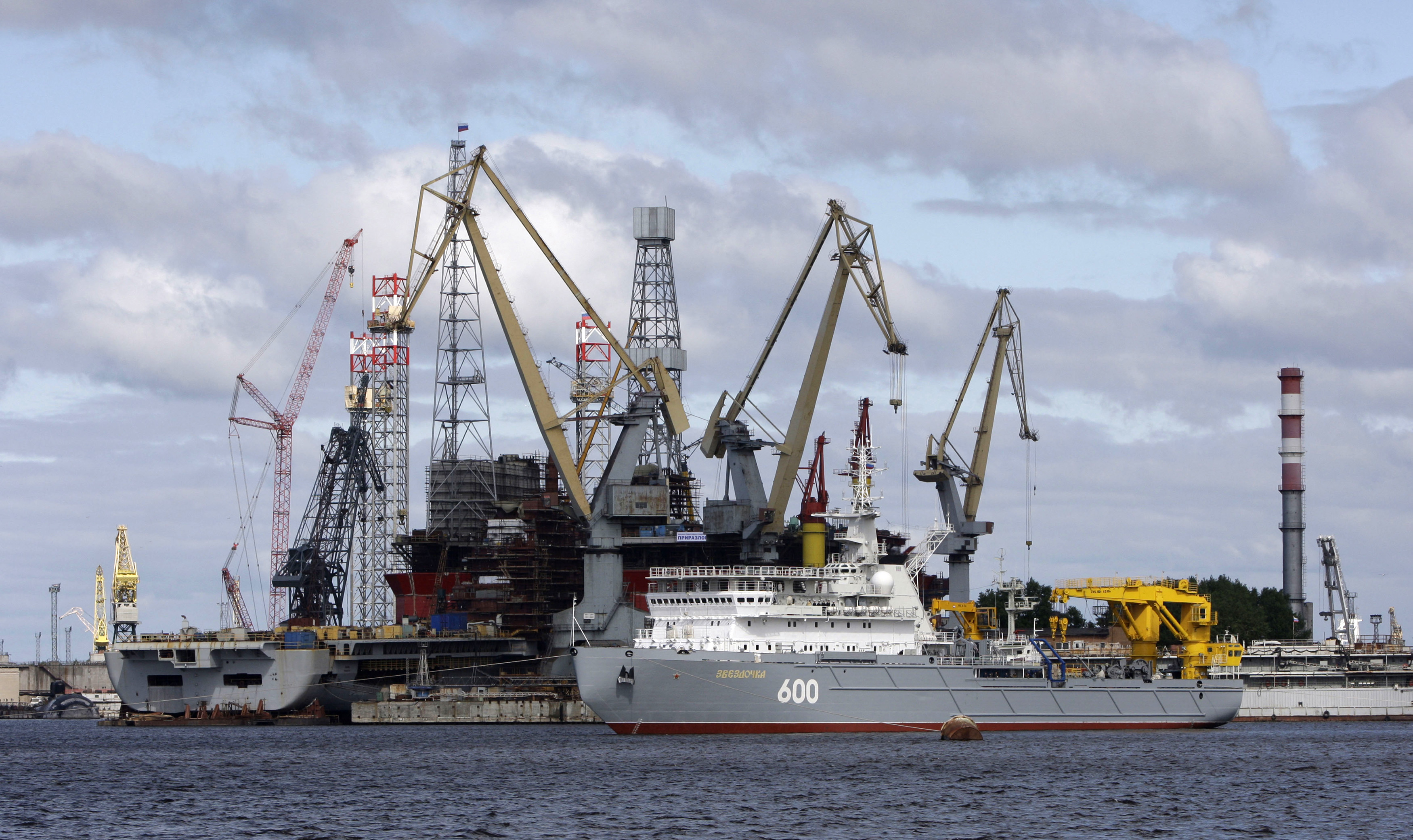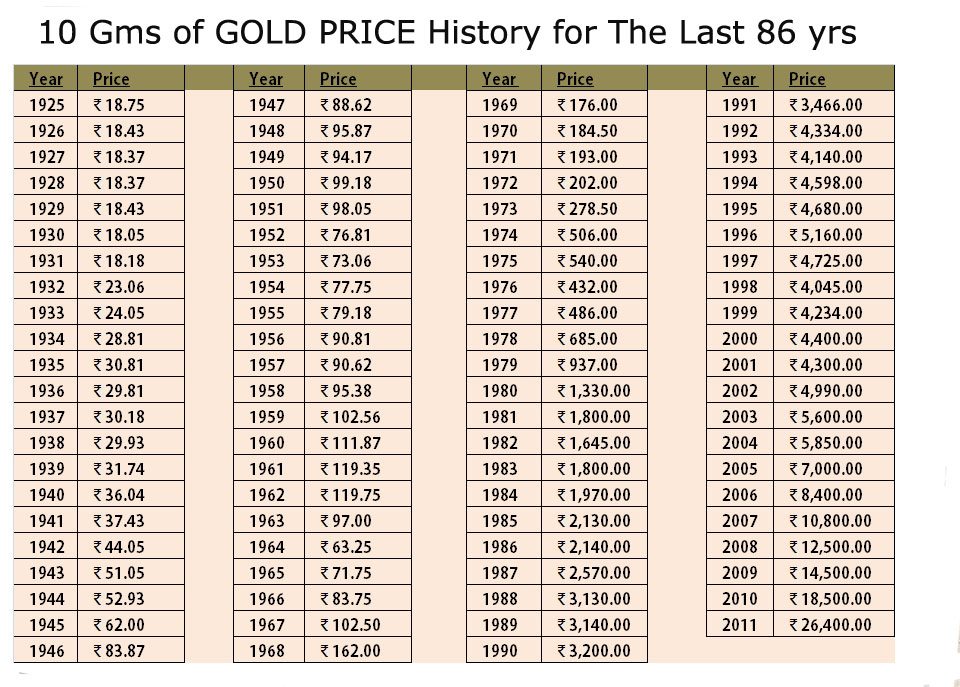The Complex Relationship: European Shipyards And Russia's Arctic Gas Exports

Table of Contents
Geopolitical Tensions and Sanctions Impacting Collaboration
The relationship between European shipyards and Russia's Arctic gas ambitions has been significantly impacted by escalating geopolitical tensions and international sanctions. The ongoing conflict in Ukraine has led to sweeping sanctions against Russia, severely restricting access to Western technology and finance. This has had a profound effect on numerous joint ventures and contracts.
Specific examples include the delayed or cancelled construction of icebreakers and LNG carriers, projects that were crucial for Russia's plans to expand its Arctic gas exports. The sanctions have created a climate of uncertainty, affecting not only the immediate projects but also future collaborations.
- Impact on shipbuilding contracts: Many contracts have been suspended or renegotiated, leading to significant financial losses for European shipyards.
- Restrictions on technology transfer: Sanctions limit the transfer of advanced shipbuilding technologies, hindering Russia's ability to independently develop its Arctic infrastructure.
- Financial implications for European shipyards: The loss of Russian contracts has forced European shipyards to seek alternative markets and diversify their portfolios.
- Diversification strategies adopted by European shipyards: Many shipyards are now actively pursuing contracts in other regions and focusing on renewable energy projects to mitigate the risks associated with the Russian market.
The Economic Advantages and Disadvantages for European Shipyards
Before the intensification of sanctions, Russian Arctic gas projects presented significant economic advantages for European shipyards. The demand for specialized ice-class vessels and LNG carriers generated substantial contracts, fostering economic stimulus in shipbuilding regions and creating numerous jobs. These contracts were often highly lucrative, offering significant returns for participating shipyards.
However, the economic risks are equally substantial. Geopolitical instability and the resulting sanctions have led to project delays, cancellations, and financial losses. The uncertainty surrounding future collaborations makes long-term planning challenging for European shipyards.
- Contract value and profitability analysis: While past contracts were profitable, the current situation makes accurate future profitability assessments difficult.
- Job creation and economic stimulus in shipbuilding regions: The loss of Russian contracts threatens job security and economic stability in regions heavily reliant on the shipbuilding industry.
- Risks of project delays or cancellations: Political instability and sanctions create a high risk of project delays and cancellations, impacting revenue streams and profitability.
- Competition from Asian shipyards: Asian shipyards are increasingly competing for contracts in the global shipbuilding market, adding further pressure on European companies.
Environmental Concerns and Sustainability in Arctic Gas Development
The extraction and transportation of Arctic gas raise significant environmental concerns. The fragile Arctic ecosystem is vulnerable to disruptions caused by oil spills, gas leaks, and increased shipping traffic. Greenhouse gas emissions from the extraction, processing, and transportation of natural gas also contribute to climate change, exacerbating the very environmental challenges threatening the Arctic.
European shipyards have a crucial role to play in mitigating these impacts. Technological advancements, such as the development of more efficient and environmentally friendly ice-class vessels equipped with emission reduction technologies, are vital. Sustainable shipbuilding practices, incorporating recycled materials and reducing waste, are also essential.
- Impact on Arctic ecosystems: Arctic gas exploration and transportation pose significant risks to the delicate balance of the Arctic ecosystem.
- Greenhouse gas emissions from gas extraction and transport: The carbon footprint of Arctic gas projects is a major concern, contributing to global climate change.
- Sustainable shipbuilding practices: European shipyards are increasingly adopting sustainable practices to minimize their environmental impact.
- Regulations and compliance issues: Stringent environmental regulations are necessary to ensure responsible development and minimize the environmental footprint of Arctic gas projects.
The Future of Collaboration: Diversification and Alternative Markets
The future of collaboration between European shipyards and Russia's Arctic gas exports remains uncertain, given the ongoing geopolitical tensions and the global shift towards renewable energy. European shipyards are actively diversifying their client base and exploring alternative markets, recognizing the need to reduce dependence on the volatile Russian market.
The growth of renewable energy sectors, particularly offshore wind, presents significant opportunities. European shipyards are well-positioned to capitalize on this emerging market, leveraging their expertise in specialized vessel construction. A focus on sustainable shipbuilding practices and technologies will be crucial for attracting new clients and securing future contracts.
- Growth potential in renewable energy sectors (offshore wind, etc.): The renewable energy sector offers a viable alternative to the potentially unstable Russian market.
- Focus on sustainable shipbuilding practices and technologies: Adopting sustainable practices enhances competitiveness and aligns with growing environmental concerns.
- Exploring new partnerships with non-Russian energy companies: Diversifying partnerships reduces dependence on a single, potentially unstable, market.
- Long-term outlook for the relationship between European shipyards and Arctic gas projects: The long-term outlook depends heavily on the resolution of geopolitical tensions and the pace of the energy transition.
Navigating the Complex Relationship Between European Shipyards and Russia's Arctic Gas Exports
The relationship between European shipyards and Russia's Arctic gas exports is a complex interplay of geopolitical factors, economic incentives, and environmental concerns. Geopolitical tensions and sanctions pose significant challenges, leading to contract cancellations and financial losses for European shipyards. However, technological advancements in sustainable shipbuilding and the growth of renewable energy markets offer new opportunities for diversification and long-term growth. The future of this relationship depends heavily on navigating these challenges and seizing the opportunities presented by the evolving geopolitical and energy landscapes. Understanding this intricate relationship is crucial. Further analysis is needed to ensure sustainable and responsible development of Arctic resources while minimizing geopolitical risks. Let's continue the conversation on the future of this complex relationship.

Featured Posts
-
 Trade War Fears Fuel Gold Price Surge Is Bullion A Safe Investment
Apr 26, 2025
Trade War Fears Fuel Gold Price Surge Is Bullion A Safe Investment
Apr 26, 2025 -
 Exclusive Polygraph Threats Leaks And Infighting Shake Up The Pentagon Pete Hegseth Responds
Apr 26, 2025
Exclusive Polygraph Threats Leaks And Infighting Shake Up The Pentagon Pete Hegseth Responds
Apr 26, 2025 -
 Congresss Worst Smelling Member Revealed The Stinky Truth
Apr 26, 2025
Congresss Worst Smelling Member Revealed The Stinky Truth
Apr 26, 2025 -
 Kendrick Lamar Hampden Concert Ticket Prices Spark Fan Fury
Apr 26, 2025
Kendrick Lamar Hampden Concert Ticket Prices Spark Fan Fury
Apr 26, 2025 -
 The Evolving Chinese Auto Market Opportunities And Challenges For Bmw And Porsche
Apr 26, 2025
The Evolving Chinese Auto Market Opportunities And Challenges For Bmw And Porsche
Apr 26, 2025
Latest Posts
-
 Patrick Schwarzenegger From Ariana Grande Video To White Lotus A Career Retrospective
Apr 27, 2025
Patrick Schwarzenegger From Ariana Grande Video To White Lotus A Career Retrospective
Apr 27, 2025 -
 Patrick Schwarzeneggers Forgotten Ariana Grande Music Video Role A White Lotus Connection
Apr 27, 2025
Patrick Schwarzeneggers Forgotten Ariana Grande Music Video Role A White Lotus Connection
Apr 27, 2025 -
 Romantic Alaskan Escape Ariana Biermanns Adventure
Apr 27, 2025
Romantic Alaskan Escape Ariana Biermanns Adventure
Apr 27, 2025 -
 Ariana Biermanns Chill Alaskan Vacation With Her Partner
Apr 27, 2025
Ariana Biermanns Chill Alaskan Vacation With Her Partner
Apr 27, 2025 -
 Alaska Adventure Ariana Biermanns Romantic Trip
Apr 27, 2025
Alaska Adventure Ariana Biermanns Romantic Trip
Apr 27, 2025
